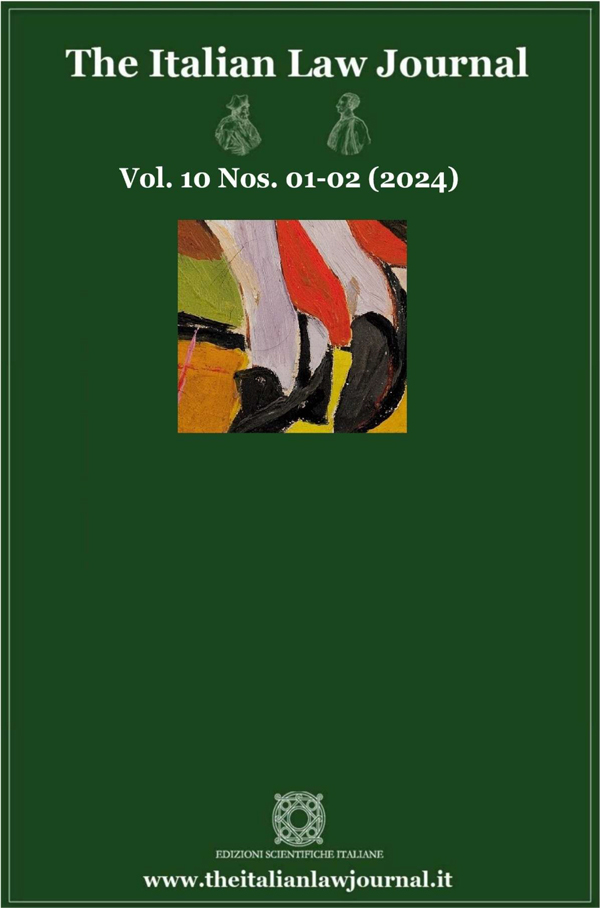2 THE ITALIAN LAW JOURNAL NO. 2 (2016) Liquid Citizenship — Citizens’ Rights in the European Union by Massimo La Torre My paper is structured in three sections. In the first, I will introduce a debate about the form of the modern State in terms of a ‘conditional’ and ‘purposive’ programme. This debate was particularly acute in the late Seventies and Eighties, and gave rise to an alternative presented as ‘responsive’ or ‘reflective’. However, and this is my point in this first section, this alternative in a context of globalisation and neo-liberal hegemony has deviated from its previous aims and has been used to give a new impetus to a reshaping of the political order that is indeed very far away from being ‘responsive’. This development has been taking place especially within the discourse of the EU law doctrine.
In the second section, I will present a view of the normative evolution of EU institutions. In particular, I will contend that we have witnessed a strong ‘constitutionalization’ of the EU Treaties, particularly of its so-called ‘four freedoms’, and that this development has been exacerbated in the emergency which arose from the financial crisis surrounding the European Monetary Union. This new sort of (supranational) constitutionalism which is not supported by an equivalent supranational projection of democratic deliberation puts at risk the role played by member States as arenas of robust public discourse and locus for the re-allocation and re-distribution of resources, wealth, and rights among citizens.
In the third and final section, I will focus on European Citizenship as laid down in the EU Treaties and as concretely shaped by the European Courts. My contention here will be that this supranational citizenship is very much a creature of the Spirit of the Time and its ‘liquidity’. It makes individuals, if you like, closer to being the holders of a credit card, the visitors to a shopping centre, or travellers leading to a holiday resort, than committed members of a civil society.




























